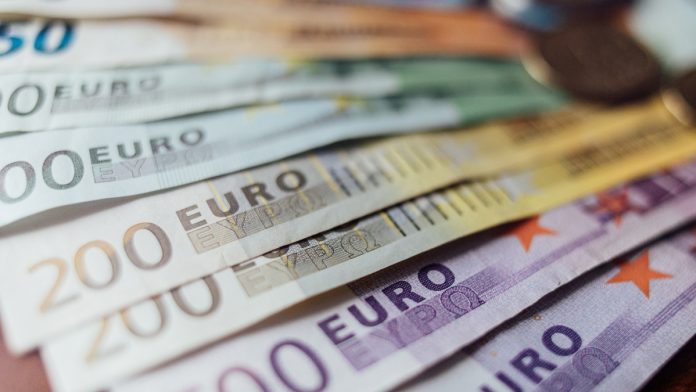- Pound (GBP) struggles on BoE doubts
- UK central bank could ease hiking cycle
- Euro (EUR) rises on hawkish ECB & Macron performance
- EZ CPI & consumer confidence due
The Pound Euro (GBP/EUR) exchange rate is falling on Thursday for a fourth straight session. The pair settled -0.1% lower on Wednesday at €1.2037 after trading between €1.1995 – and €1.2075. At 05:45 UTC, GBP/EUR trades -0.53% at €1.1967.
The Euro pushed higher in the previous session after better-than-expected data, after hawkish comments from the ECB’ Kazak and a strong performance by Macron in the election debate.
German producer prices, which measure inflation at the wholesale level, jumped to 30.9% year on year, the fastest increase since the record began 73 years ago. Energy prices were the biggest drivers of the rise in inflation, rising 84% from the same month last year due to the fallout from the Russia Ukraine war.
Factory gate inflation often feeds into consumer prices so German consumer prices can expect to rise higher still.
While the ECB has been one of the more dovish central banks, there are more signs of hawkishness showing through. The ECB’s Kazak said that the central bank may need to hike rates sooner than anticipated, possibly even in July. The comments boosted the euro.
Looking ahead inflation will remain in focus with the release of Eurozone CPI data which is expected to confirm the 7.5% preliminary reading.
Eurozone consumer confidence is expected to drop to 20 in April, down from -18.7 in March.
The pound drifted lower versus the euro in the previous session as investors continued digesting the INF economic downgrade from earlier in the week. The IMF forecast that the UK economy will grow 3.7% in 2022, down from 4.7%, and growth for 2023 was almost slashed in half to 1.2% from 2.3%.
The growth expected for the UK is the lowest projected growth for any major advanced economy and is also below the 1.8% forecast by Britain’s Office of National Budget Responsibility.
Today there is no high impacting UK economic data. Instead, BoE’s Andrew Bailey is due to speak and could shed light on what the central bank might be planning to do with monetary policy in the May meeting.





